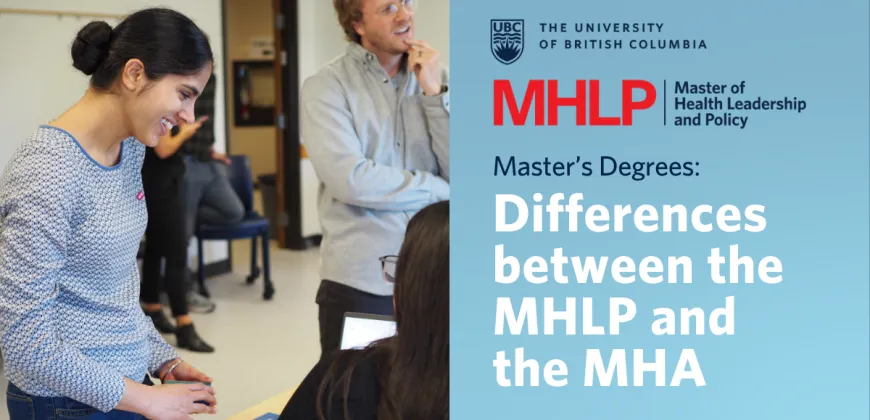Building your expertise in a new field

If the events of 2020 had you thinking about shifting to a new career or new field within your industry, you're not alone. A survey of Canadians in November 2020 found that 24 percent were reconsidering their professional goals in light of the COVID-19 pandemic.
In her Harvard Business Review article “Reinventing your career in the time of coronavirus,” Herminia Ibarra says that this is not surprising: “Unexpected events or shocks disrupt our habitual routines, jolt us out of our comfort zones, and lead us to ask big questions about what matters and what is worth doing.”
For many, those big questions are prompting personal and professional reassessment. Is your current career path aligned with your goals and values? Are you using your skills to your full potential? Are you still excited and challenged by your job? As Ibarra notes in her article – and as many career counsellors will advise – there are many steps you can take to decide if you should alter your current professional path to pursue new options. It may be that you can make some tweaks to your current position, gain new skills through professional development classes or leverage the power of your network to move into a new position that brings you more satisfaction. As you work through the pros and cons of making a career shift, you may realize that you are actually ready to work in a new area of specialization. If that’s the case, you should consider furthering your education to gain the knowledge, skills and credentials to accelerate this transition.
A professional master’s degree, like the Master of Engineering Leadership (MEL) or Master of Health Leadership & Policy (MHLP) may just be your launching pad to a new area of professional practice.
An important caveat is that these graduate degrees aren’t appropriate if you’re planning a complete career move from one industry sector to another. Students accepted into the MEL and MHLP programs must have three years of relevant professional experience in the area they intend to study. (See our eligibility requirements for more information.) Still, the sector specializations are broad enough that graduates are often able to pivot into related fields where they may find better job prospects and greater satisfaction. Namendra Anand applied to the Clean Energy Engineering program after working as an engineering manager at coal-fired generation plants because he wanted to gain expertise in clean energy generation and learn more about energy management.
The program expanded his knowledge and gave him tangible work experience in a new field through his capstone projects.
After graduating in 2019, he landed a job as regional energy co-ordinator for the Ogemawahj Tribal Council in Barrie, Ontario, a position aligned with his commitment to sustainability and interest in helping communities become more energy self-sufficient. (Read more about Namendra’s experience of the program.) For other students, although they were not intending to shift careers, the program opened up new possibilities and sparked their interests in new directions. Arlene Singh, a 2019 graduate of the MHLP in Clinical Education, says she knew very little about virtual health care before starting her degree. But a practicum experience and the entrepreneurial skills she developed in her business and leadership courses gave her the foundation to transition from her role as a critical care nurse to working as a clinical planner with Vancouver Coastal Health’s virtual health team.
If you’re thinking about refocusing your career, it’s worth considering the value of a professional graduate degree like the MEL or MHLP. You’ll build expertise, encounter new ideas and grow your network – giving you the experience and credentials you need to launch into a new and more rewarding career.
Check out Why pursue a postgraduate degree?, our series of articles on the main reasons people choose to go back to school to explore whether a professional master’s degree is the right choice for you.





